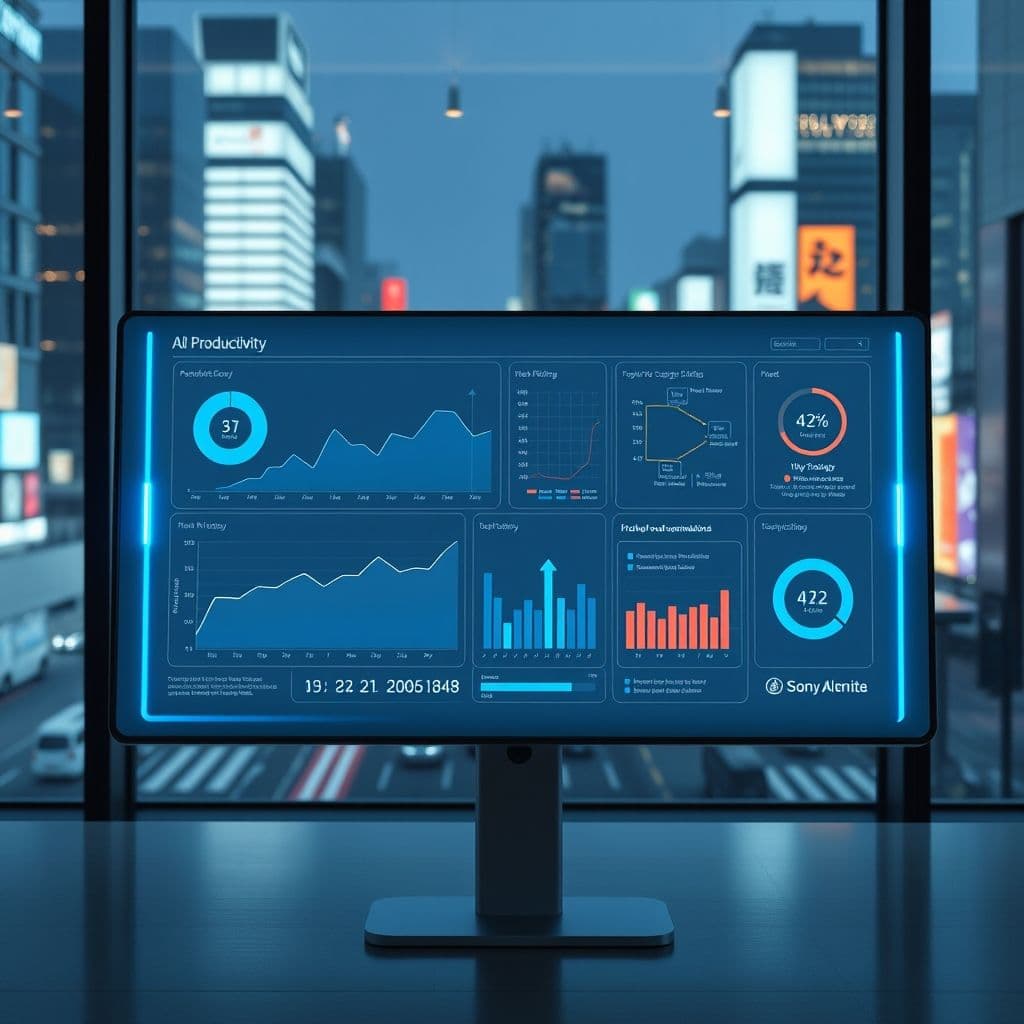Personalized Productivity: How AI Can Revolutionize Your Workflow

In today's fast-paced world, productivity techniques abound - from the Eisenhower Matrix to time blocking and the 3-3-3 method. Yet as user comments reveal, what works brilliantly for one person (like the 'eat the frog' approach) might fail completely for another. This inconsistency points to a fundamental problem in productivity: the lack of personalization. Could an AI-powered SaaS solution finally bridge this gap?
The Problem: Why One-Size-Fits-All Productivity Fails
The comments on productivity videos reveal a telling pattern: while some swear by specific methods ('Eisenhower Matrix changed everything for me'), others find them ineffective ('works for some but not everyone'). This divergence stems from fundamental differences in how people work. Those with ADHD, for instance, might need radically different approaches than neurotypical individuals. Similarly, creative professionals often require different systems than analytical workers. The current landscape forces users to manually test countless methods through trial and error - a frustrating and time-consuming process that ironically reduces productivity.

The AI Solution: Personalized Productivity as a Service
Imagine a SaaS platform that analyzes your work patterns, personality traits, and specific challenges to recommend tailored productivity techniques. By integrating with your calendar, task lists, and even communication tools, this hypothetical solution could: 1) Identify your unique productivity blockers through behavioral analysis 2) Test different methods in small experiments while measuring their impact 3) Adapt recommendations based on what actually works for you 4) Provide real-time nudges to keep you on track with your optimal workflow.
The system could incorporate elements from various proven methods - time blocking for some tasks, the 3-3-3 model for others, 'eating the frog' when appropriate - creating a hybrid approach uniquely suited to each user. For those with ADHD, it might emphasize external accountability and shorter focus periods. For deep work practitioners, it could implement longer uninterrupted blocks.

Potential Benefits and Use Cases
Such a solution could dramatically reduce the time wasted on ineffective productivity methods. A marketing executive might discover they work best with 90-minute creative sprints followed by administrative tasks, while a software developer finds their flow state comes from 4-hour uninterrupted coding sessions. Teams could use it to align workflows based on members' optimal working styles. The platform could even adapt to life changes - automatically adjusting recommendations when someone transitions to remote work or takes on new responsibilities.
Conclusion
The comments on productivity content reveal a universal truth: we all work differently. While current methods provide valuable frameworks, their rigid application often leads to frustration. An AI-powered personalized productivity SaaS could finally solve this by treating productivity not as a set of rules, but as a dynamic, individualized system. As one commenter noted about their preferred method: 'don't overthink, just get it DONE' - perhaps the future of productivity lies in systems that help each of us find our own version of that simplicity.
Frequently Asked Questions
- How would an AI productivity tool handle privacy concerns?
- A well-designed system would process sensitive calendar and task data locally when possible, only sharing anonymized behavioral patterns for model improvement, with clear opt-out options for specific integrations.
- Could this replace human productivity coaches?
- While AI could handle routine pattern recognition and method recommendations, human coaches would still excel at deeper motivational issues and complex career strategy - potentially creating opportunities for hybrid human-AI coaching services.
- What's the biggest technical challenge for such a system?
- Accurately measuring true productivity (not just activity) across different professions would require sophisticated metrics beyond simple task completion, possibly incorporating qualitative self-assessments and outcome evaluations.


